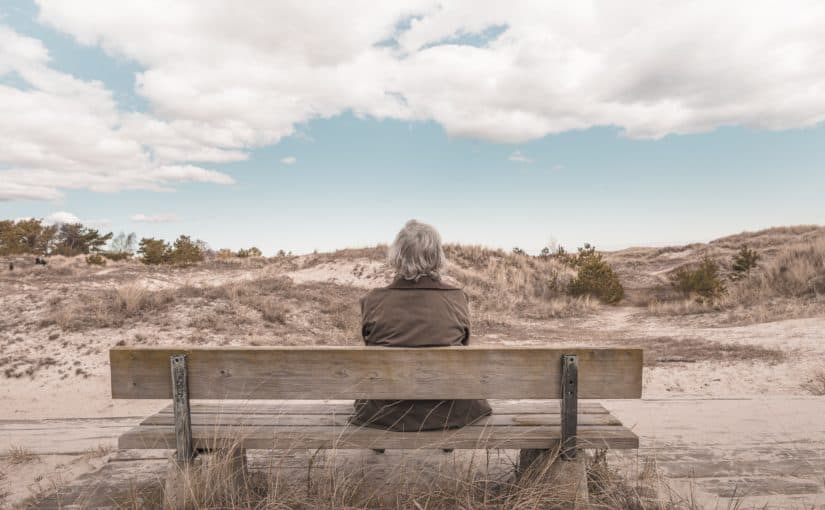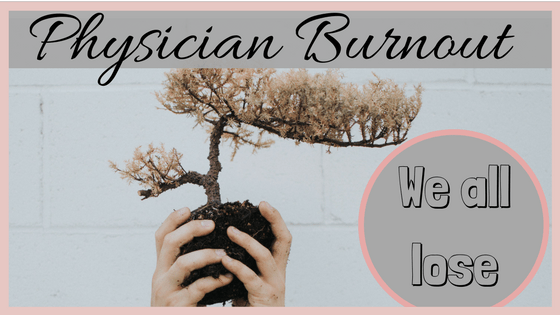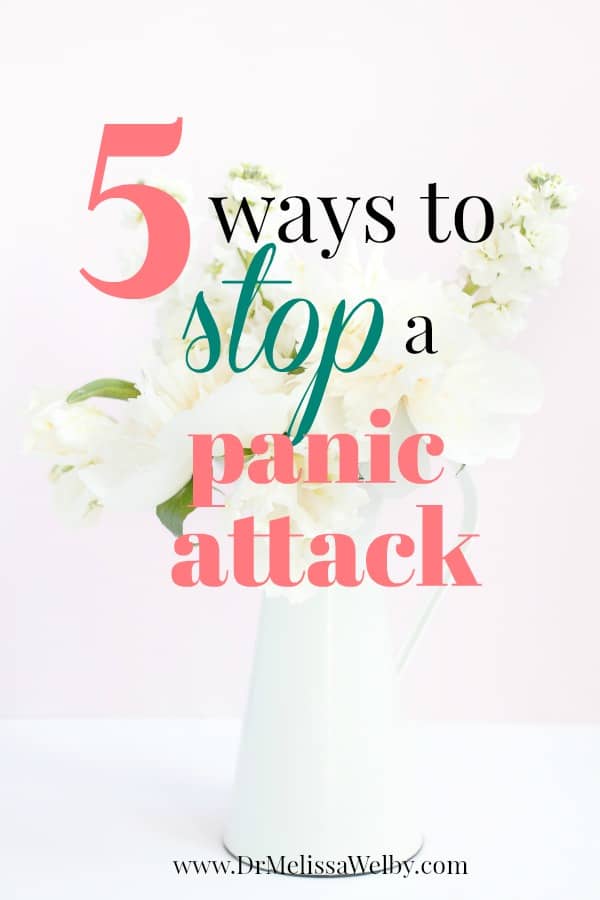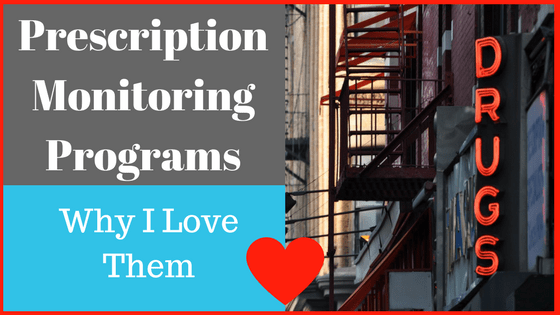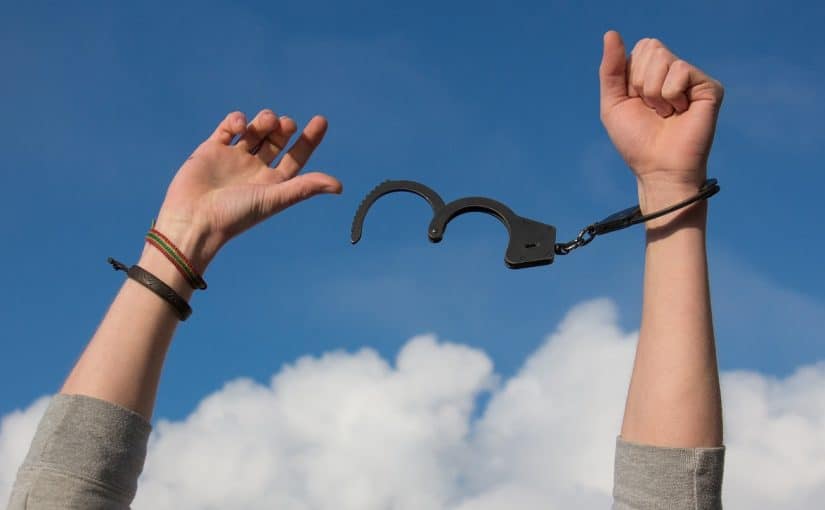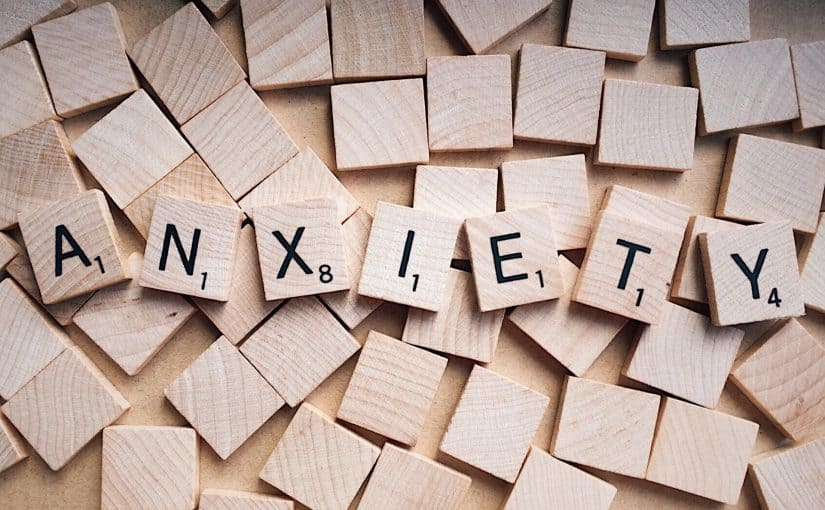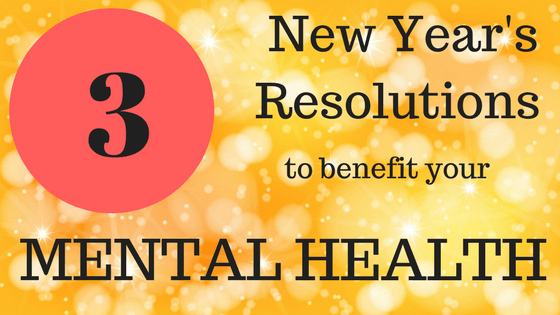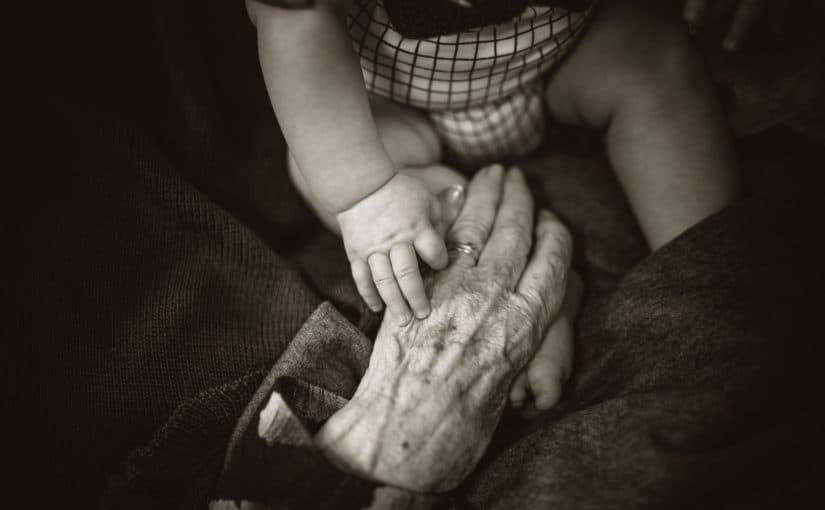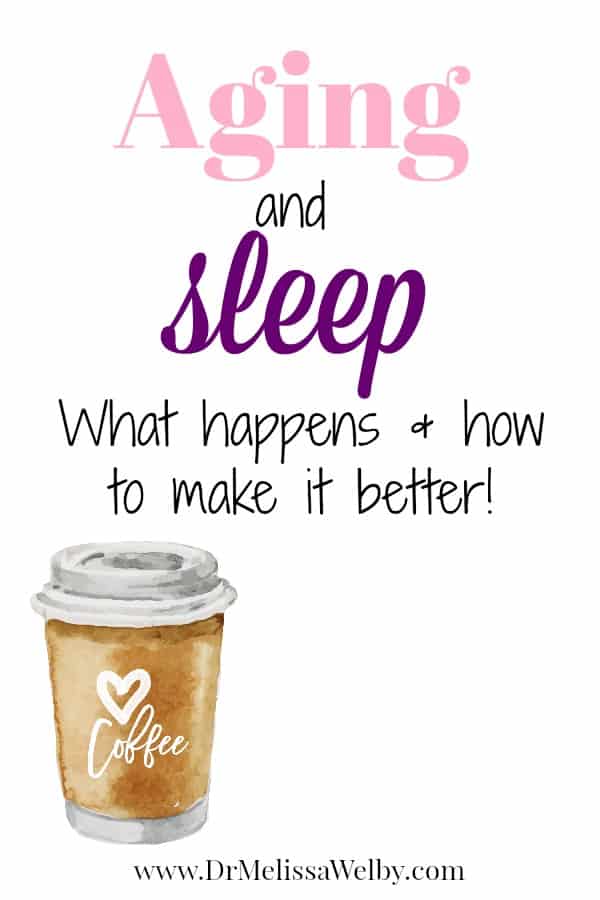Want to learn additional ways to deal with anxiety? Don’t spend any more time letting anxiety interfere with your quality of life. Get help if you need it. Here is a list of excellent self-help resources including some of the best anxiety books, websites, and apps available to target anxiety.
There are so many different options available!
- Read more about different anxiety disorders and options for treatment.
- Learn techniques to manage the symptoms of anxiety.
- Track and graph your moods.
- Identify your triggers.
- Set goals.
- Learn meditation and mindfulness.
- Reduce negative thinking.
- Join peer networks with others that struggle with anxiety.
Helpful websites related to anxiety:
- My favorite site is The Anxiety Boss. Dr. Carlo Carandang is a psychiatrist and anxiety expert and maintains this comprehensive resource. He has many articles about anxiety disorders and options for treatment.
- Anxiety.org has a thorough and well-written overview of different types of anxiety, causes, risk factors, and treatments. I like this article: What is anxiety?
- The Anxiety Coach is a self-help guide for people with anxiety disorders. They offer information and techniques for the management of anxiety.
- Fear of Flying SOAR program is meant for people that want to conquer their fear of flying. It includes articles and these videos with tips on how to overcome it. The creator of this program is a pilot who combines his expertise in airplanes with Cognitive Behavioral Therapy and created this very effective program.
- Driving Fear is a site for people looking to overcome their fear of driving. They have self-help programs and a blog.
- Social Anxiety Association is a nonprofit organization that promotes understanding and treatment of social anxiety disorder.
- The Anxiety Social Net is a social network for people struggling with anxiety disorders.
- Emetophobia Online is a site for information and support for those suffering from the fear of vomiting.
- Simplified Skills maintains a list of natural remedies they recommend to help treat anxiety.
- Previous blogs I have written related to anxiety: Do what you are afraid of! Stop letting anxiety control you and Benzodiazepines: Do they treat anxiety?
Websites addressing anxiety in children:
- The American Academy of Child and Adolescent Psychiatry maintains an anxiety disorder resource center for children.
- The Child Anxiety Network has information for parents, teachers and professionals to help manage and learn about anxiety in children.
- The website and blog of Hey Sigmund have a great list of articles to help children with anxiety. She is the author of the book Hey Warrior which explains anxiety in a way children can understand.[amazon_link asins=’1925545091′ template=’ProductLink’ store=’drmelissawelb-20′ marketplace=’US’ link_id=’37e5b141-22cd-11e8-a56b-55736298ebd1′]
Recommended apps to help with anxiety:
- Mood Track Diary: Free app. Track and graph your mood patterns and triggers.
- Pacifica: Free app to reduce stress and anxiety. Mood tracking, goal setting, relaxation techniques, and peer support.
- Happify: Free app. Overcoming stress and negative thoughts. Skills to train yourself for happiness.
- Fear of Flying: $125-$595 depending on which package you buy. Includes online resources and support, DVD’s, and individual counseling. It even includes a package for “flying tomorrow or the next day” where you can get urgent help so you don’t need to cancel your flight because of anxiety.
- Anxiety coach: $4.99 This app is designed to be used over several weeks to months as a tool to gradually face a feared situation and reduce anxiety.
- Headspace: Free or paid versions. Meditation and mindfulness made simple.
- Calm: Free app. Reduce anxiety, sleep better, and feel happier. Includes meditation, breathing exercises and relaxation techniques.
- Breathe2relax: Free app. Stress management tools with practice exercises to help learn stress management skills. i-phone app, android app
- Insight timer: Free meditation app. i-phone app, android app
- Simply Being Too: $1.99 Guided meditation for relaxation. i-phone app, android app
Are you looking for the best books on anxiety?
Best anxiety books for adults:
[amazon_link asins=’1626252157,1400097665,1466451726,0553062182,0767903374,1118016734,0345487427,0765701502,1590305841′ template=’ProductCarousel’ store=’drmelissawelb-20′ marketplace=’US’ link_id=’075200f9-d36d-11e7-bf84-958f8c02b463′] read more

